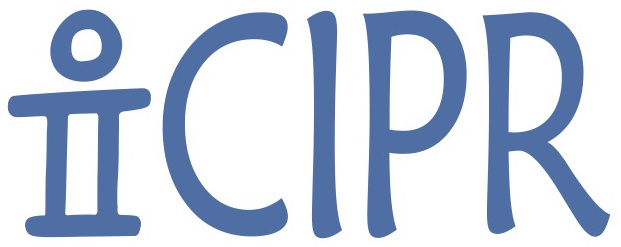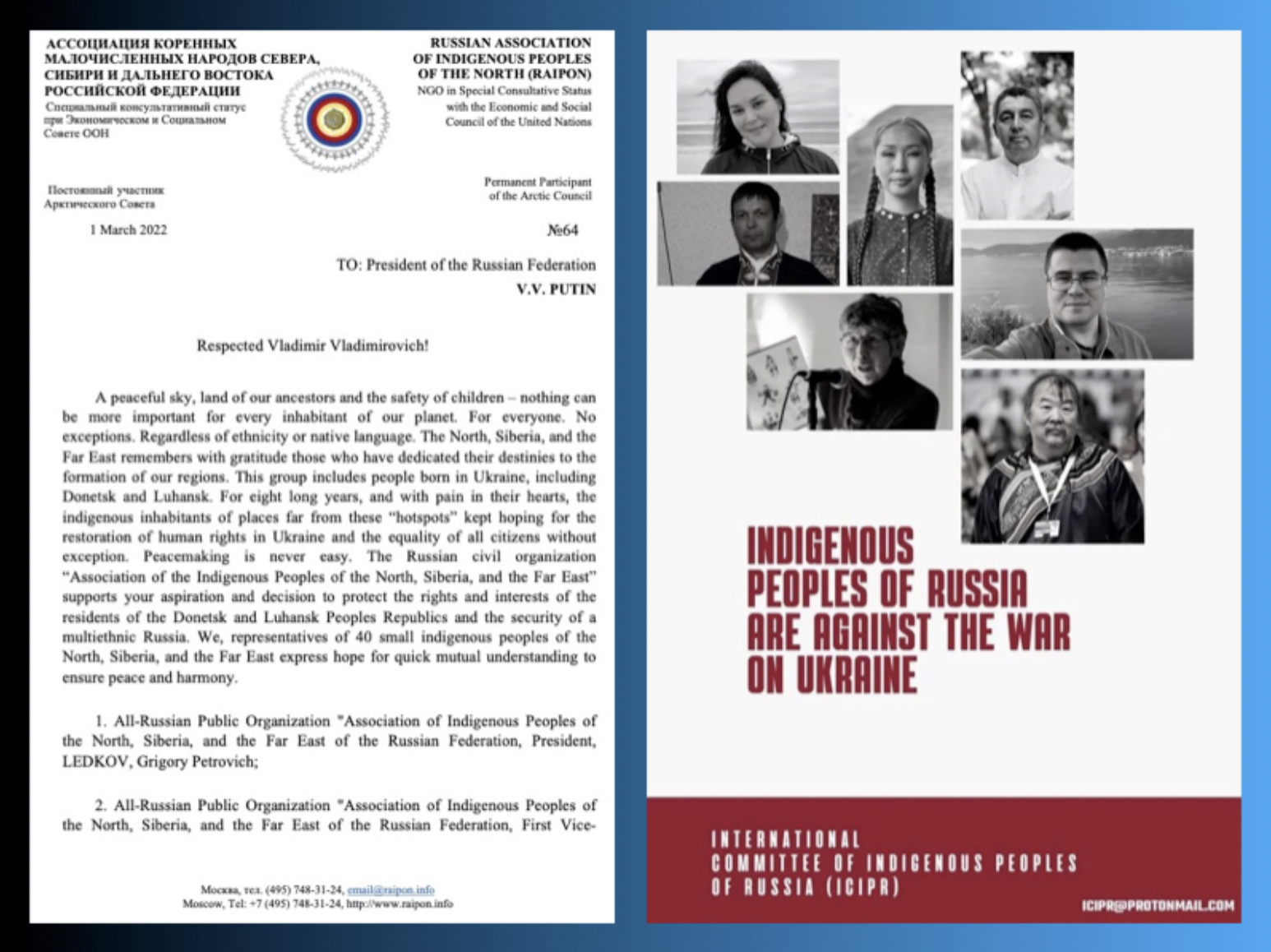While the war in Ukraine is claiming more and more lives, the human rights situation in Russia itself is visibly deteriorating. Now Russian indigenous people from exile are speaking out in a public statement. The STP (Society for Threatened Peoples) joins them in strongly condemning Putin’s war against Ukraine and demands respect for human rights abroad as well as at home.
“We, the representatives of the indigenous peoples of the North, Siberia and the Far East, who are involuntarily outside Russia, are appalled by the war that President Putin has unleashed against Ukraine”: This is the beginning of a public statement published by Russian indigenous peoples in exile. “We, as representatives of the indigenous peoples of Russia, express our solidarity with the Ukrainian people in their struggle for freedom and are extremely concerned regarding the enforcement of the rights of indigenous peoples in wartime Ukraine, including the territory of Crimea illegally occupied by Russia.” The Society for Threatened Peoples Switzerland and Germany also strongly condemn the war against Ukraine, which is visibly escalating and claiming more and more lives.
Desolate human rights situation in Russia
While the situation for the Ukrainian civilian population in the war is visibly worsening, at the same time the political pressure in Russia is steadily increasing. Since the outbreak of the war, the last independent voices have been silenced one after the other. In the numerous demonstrations since the beginning of the Russian invasion, thousands of people have been arrested and previously independent Russian media outlets have been silenced, and Twitter and Facebook have been blocked. A new law passed in early March provides for a 15-year prison sentence for “inaccurate reporting” about Russian forces: De facto reporting on the war is no longer allowed.
The repression, which is now intensifying, already increased steadily last year. At the end of the year, for example, the renowned human rights organization Memorial was dissolved with reference to the law against “foreign agents”. This step is just one indicator of the massively shrinking scope for human rights activists. “Many are forced to leave the country to avoid being imprisoned or convicted on absurd charges,” says Pavel Sulyandziga, president of the indigenous organization Batani Foundation.
RAIPON does not represent Russia’s indigenous peoples
Repression has also long affected indigenous activists who stand up for their rights. For example, the indigenous organization RAIPON (Russian Association of the Indigenous Peoples of the North, Siberia and the Far East of the Russian Federation) was occupied some time ago by members who were exclusively loyal to the state, while some of the former members fled into exile.
In their statement, the Russian indigenous peoples in exile sharply distinguish themselves from the state-backed organization RAIPON, which supported President Putin in a statement a few days ago. Under the name “International Committee for the Protection of the Rights of Indigenous Peoples of Russia” the Russian indigenous activists in exile want to found a new, independent organization.
The Society for Threatened Peoples supports indigenous communities in the Russian Arctic in the struggle for their rights and the preservation of their habitat. In view of the current human rights situation, planned activities cannot be carried out. The STP therefore maintains contact with indigenous Russian human rights activists in exile. “It is very dangerous and very brave to speak out against war and for human rights in today’s Russia,” says Tabea Willi, campaign manager at the STP Switzerland.
“It is now more important than ever to stand by the people in Russia who oppose the regime. We need to closely monitor the situation of those who choose to stay in Russia and improve the situation for their indigenous communities,” adds Regina Sonk of the STP Germany.

